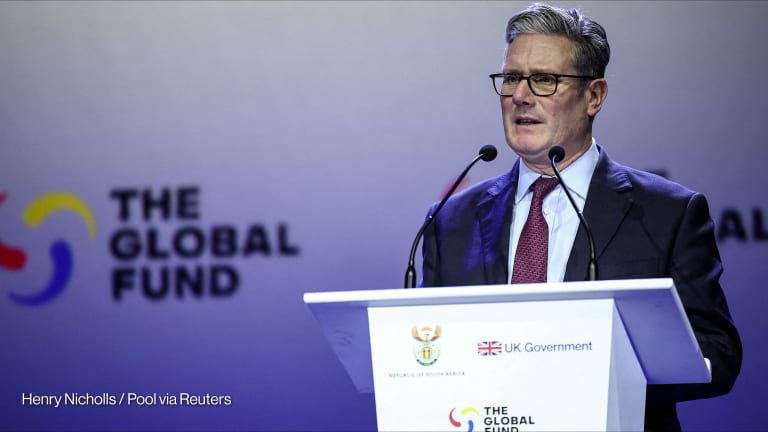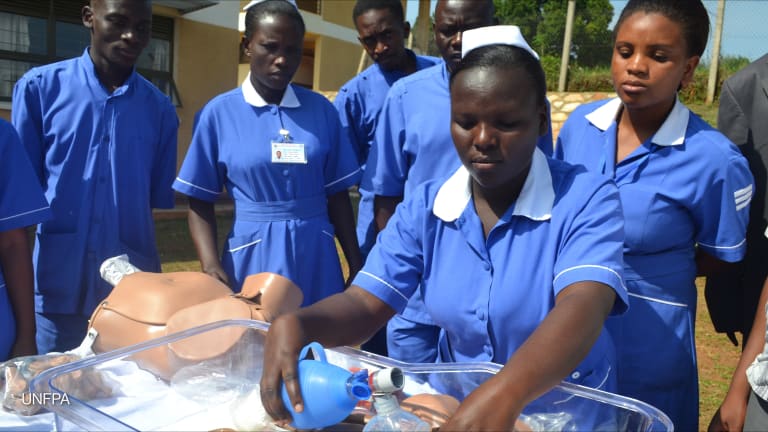
The Global Fund to Fight AIDS, Tuberculosis and Malaria has spent about $23 billion to save 8.7 million lives over the past decade, but could it have done even more with the same amount of money?
A new report by the Center for Global Development says the financing organization can get more bang for its buck by targeting the neediest beneficiaries, buying cost-effective commodities, funding contracts based on performance and evaluating results that drive incentives and accountability.
The study outlines a medium-term agenda for the Global Fund and is available for public comment until July 12 in order to produce a final version to be released before the organization’s annual meeting in September.
Amanda Glassman, one of the report’s authors, told Devex that the recommendations are there, but it will be up to the Global Fund to implement measures on issues such as consistently ignoring best practices, giving weak incentives to top performers, failing to track good deals and relying on a week verification system.
The organization’s staff, which has been involved with CGDev’s working group over the past few months, does not disagree with the initial assessment but has “reservations” over how the changes can be made quickly, added Glassman.
Recommendations
The Global Fund disburses money even if services are not performed well, so the current performance-based scheme is not working properly, according to the study.
“[In] the existing model, they measure a lot of inputs and some outputs that are not necessarily related to the ultimate outcome that we like to see,” said Glassman. “Performance is taking into account but it’s not the main driver of whether disbursement happens or what amount of the money to be disbursed.”
To fix this problem, the report suggests releasing a certain portion of the funding only when key performance targets are achieved, and reducing indicators used to make payments. Expectations, the expert noted, must be set and incentives created for “doing the right thing.”
Related to that recommendation is the need to verify the accuracy of recipient’s self-reported results, a deciding factor for whether the Global Fund should release money for services and commodities that attain performance goals.
According to the report, the organization could also set up a “menu” of cost-effective interventions and commodities, from which recipient countries could choose the type that best suits the target population.
“Setting the expectations clearly by very transparent rules of the game, it should actually put the playing field more level. It could potentially stimulate innovations,” explained Glassman.
Of course, she continued, there is a need to make commodities and services more “cost-effective.” Among other recommendations, the report urges the Global Fund to benchmark prices of the commodities and services it procures, and technical partners like the World Health Organization or leading third-party experts can provide provide the much-needed input on this.
Read more development aid news online, and subscribe to The Development Newswire to receive top international development headlines from the world’s leading donors, news sources and opinion leaders — emailed to you FREE every business day.








